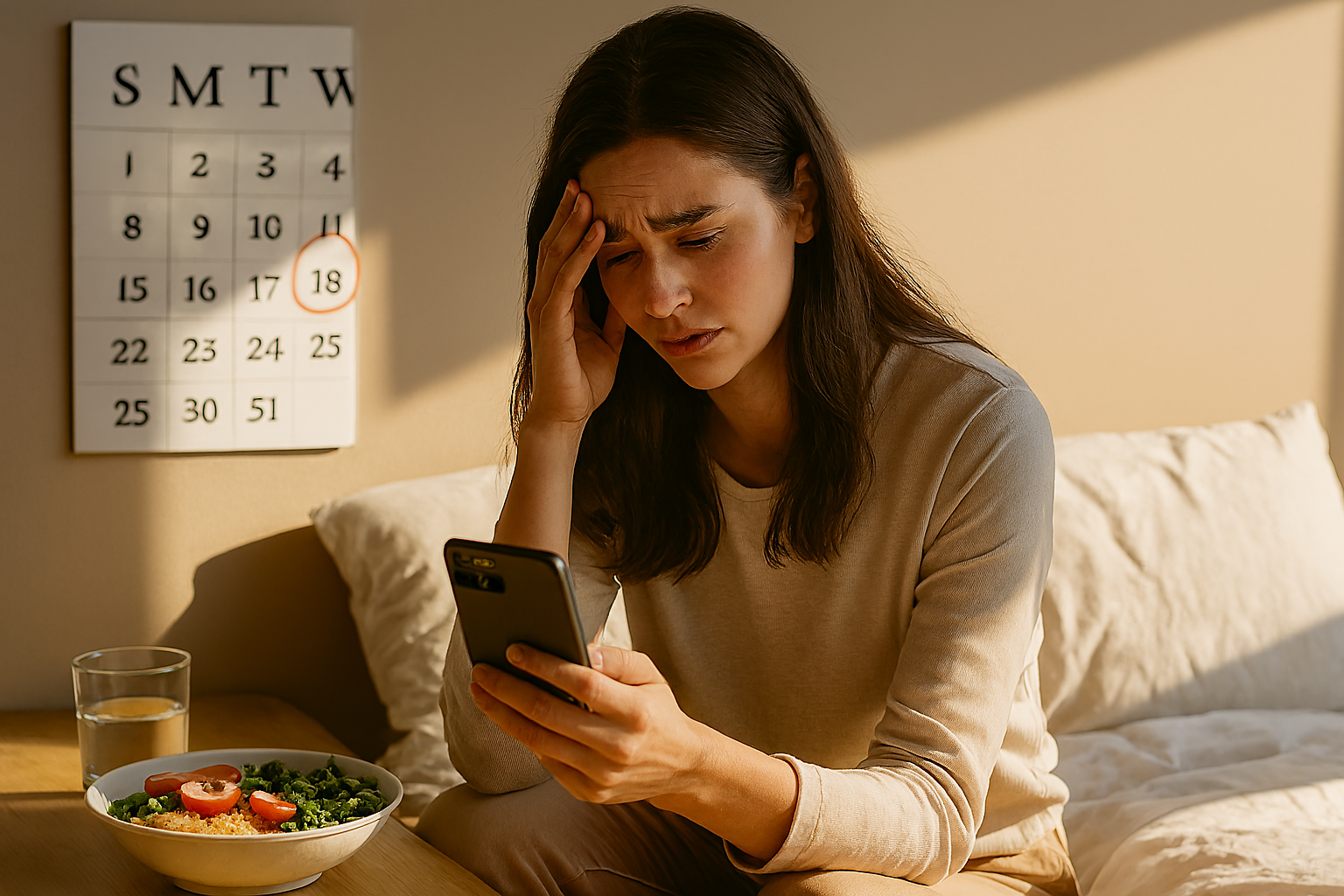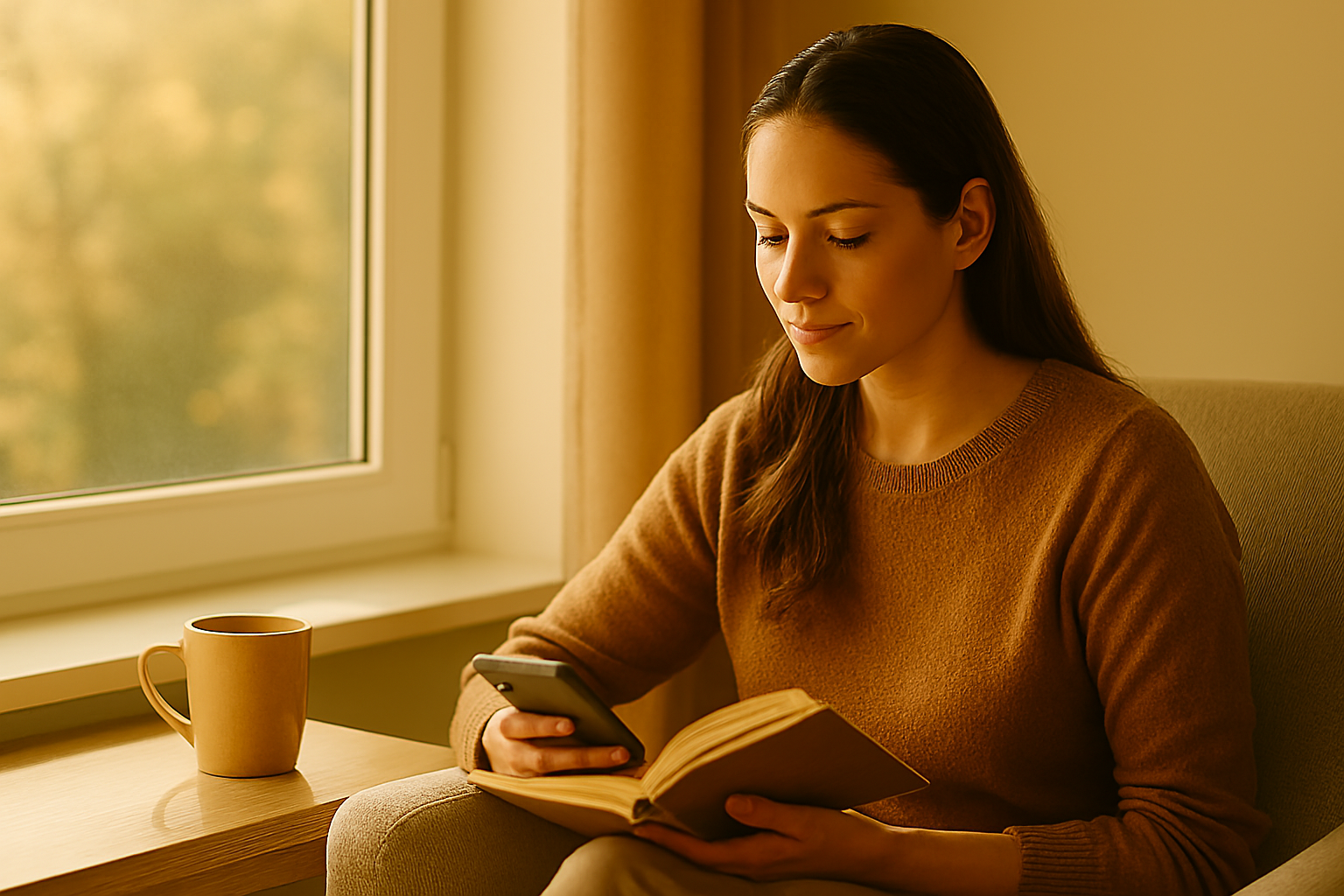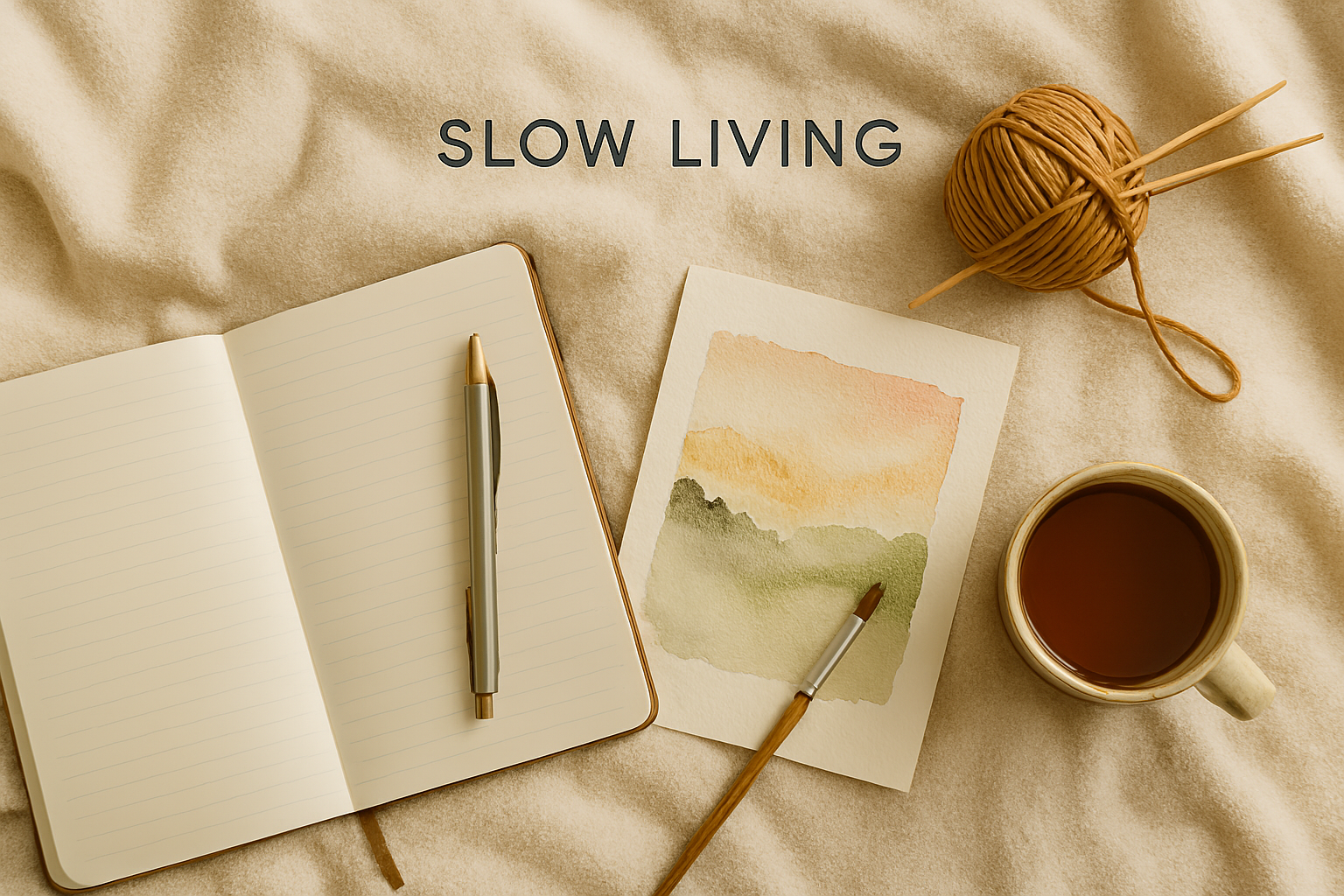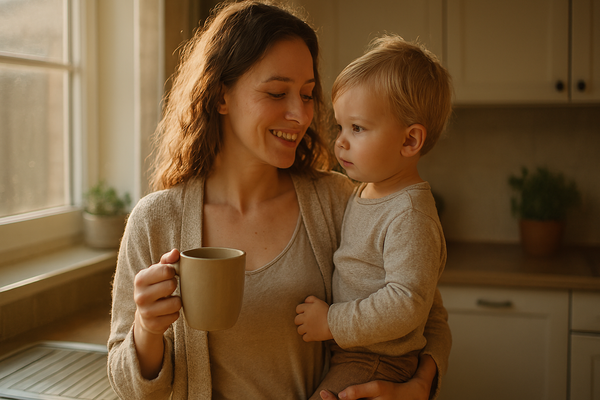Slow Living Sunday: The Gentle Art of Reclaiming Your Weekend

It is 7:52 AM on a Sunday. You have been awake for less than ten minutes, yet your mind has already raced through tomorrow's meeting schedule, the laundry piling up, and that email you forgot to send. Before your feet even touch the floor, Monday’s anxiety has hijacked your Sunday.

Across the country, women are rejecting this all-too-common scenario. Instead, they are embracing a movement that is rapidly gaining momentum: Slow Living Sunday. This intentional approach to the final day of the weekend is not just another passing wellness trend. It represents a fundamental shift in how we view rest, presence, and preparation for the week ahead. It is a deliberate, gentle rebellion against the cult of productivity that has seeped into every corner of our lives.
What Is 'Slow Living Sunday'?
At its core, Slow Living Sunday is a mindful approach that prioritizes presence over productivity, connection over consumption, and intentional rest over endless preparation. It is about creating a protective boundary around Sunday, keeping it sacred as a day to nourish your spirit, quiet your mind, and realign with what truly matters before the demands of a new week begin.
The philosophy draws from the broader slow living movement, which emerged as a counterbalance to our frantic pace of life. As we move deeper into 2025, digital burnout continues to intensify, and the boundaries between work and home life grow increasingly blurred. Slow Living Sunday offers a practical remedy. It is not about packing your Sunday with a checklist of wellness activities; it is about creating unstructured space for whatever brings you genuine restoration and joy.
Why Sundays Are Crucial for Your Mental Health
For many of us, Sundays have transformed from a day of rest into a day of stress. The final hours are often consumed by meal prep, inbox clearing, and frantic preparation. This "Sunday Scaries" phenomenon has become so normalized that we barely question its corrosive effect on our wellbeing.
Yet, research suggests this approach is deeply counterproductive. A 2023 study in the Journal of Occupational Health Psychology found that individuals who engaged in clear boundary-setting practices on Sundays reported significantly lower cortisol (the primary stress hormone) levels on Monday mornings.
The science behind this is clear. Our nervous system has two main modes: the sympathetic ("fight or flight") and the parasympathetic ("rest and digest"). The constant low-grade stress of a "productive" Sunday keeps us locked in a sympathetic state. When we use this day to frantically prepare, we are essentially extending our stress response by another 24 hours. This prevents the parasympathetic nervous system from fully activating, which is essential for cellular repair, emotional regulation, and deep restoration. By reclaiming Sunday as a time for intentional slowness, we are honoring a profound biological need for rhythmic rest and recovery.

How to Create Your Own 'Slow Living Sunday' Ritual
The beauty of this practice lies in its flexibility. It is about designing a day that resonates with your unique needs. Here is a framework to help you create your own ritual.
Morning Ease: Setting a Gentle Tone
The cornerstone of a Slow Sunday begins with how you wake. Rather than a jarring alarm, try allowing your body to wake naturally with the sun. This honors your circadian rhythm. The first hour should be a sanctuary. This means no phones, no news, and no to-do lists. Instead, engage in small, nurturing rituals. This could be sipping lemon water while gazing out the window, doing five minutes of gentle stretching that awakens the body without demanding too much, or practicing "morning pages"—three pages of stream-of-consciousness writing that clears mental clutter.
Mindful Activities: Finding Your Flow
As the day unfolds, engage in activities that foster presence. This does not mean your Sunday must be filled with formal meditation. Instead, focus on whatever brings you into a state of flow, that magical mental state where you are fully absorbed. For some, this might mean a slow, meandering walk in nature, noticing the subtle changes in the landscape. For others, it could be losing yourself in a creative pursuit like sketching, playing music, or writing without judgment. Reading a physical book, baking bread that requires patient attention, or gardening with curious hands all anchor you to the present moment.
Digital Detox Blocks: Reclaiming Your Attention
Perhaps the most transformative element is the conscious reduction of digital noise. This does not require abandoning technology entirely. Instead, it asks us to create intentional spaces free from the constant ping of notifications. Try designating specific hours as "screen-free zones," perhaps the first two hours after waking and the last three before sleep. During these periods, leave your phone in another room. The goal is to create healthy boundaries that preserve your attention for what matters most in your immediate, physical world.
Soulful Nourishment: A Meditative Approach to Food
Food preparation and consumption take on a different quality on Slow Sundays. Rather than meal-prepping with frantic efficiency, approach cooking as a meditative act. Choose one meal to prepare with full presence. Put on some calming music, chop vegetables with care, savor the aromas, and taste as you go. When you eat, do just that: eat. Set the table, even if you are dining alone. Light a candle. Put away the devices. This is not about creating Instagram-worthy food; it is about reconnecting with the sensory pleasure of nourishment.
Evening Reset: A Bridge to the Week Ahead
As evening approaches, begin to create a gentle bridge to the week ahead. This is not about checking emails, but about closing the protective circle around your restful day. This is the time for a warm bath infused with calming essential oils like lavender or chamomile. Spend ten minutes journaling about what you are grateful for from the weekend and setting a single, meaningful intention for the week. Prepare your space in small ways that will support Monday morning ease, perhaps setting out your clothes or packing a lunch unhurriedly. These preparations come from a place of self-care, not anxiety. They are gifts to your future self.

Overcoming Common Obstacles
Embracing a Slow Sunday can present challenges, especially at first. Here is how to navigate them:
- The Guilt of "Doing Nothing": We are conditioned to equate busyness with worth. When you feel guilty for resting, gently remind yourself that rest is productive. It is essential for creativity, resilience, and long-term health.
- Family or Partner Obligations: A Slow Sunday does not have to mean total isolation. Communicate your needs to your loved ones. Frame it as something that will help you be a more present and patient partner or parent. You can create shared slow activities, like a family walk without phones or cooking a meal together.
- Limited Time: If a full day feels impossible, start smaller. Claim a "Slow Sunday Morning" from waking until noon. Or create a "Slow Sunday Evening" from 5 PM onwards. Even a few protected hours can have a profound impact.
The most powerful insight from women practicing this philosophy is not just about having a nicer weekend. It is about how this practice transforms the entire week. By creating a day of intentional restoration, you are resetting your nervous system, clarifying your priorities, and cultivating resilience that carries forward. This is not about achieving perfect calm. The true essence of Slow Living Sunday is permission: permission to move at a pace that honors your humanity and to prioritize restoration without apology.





